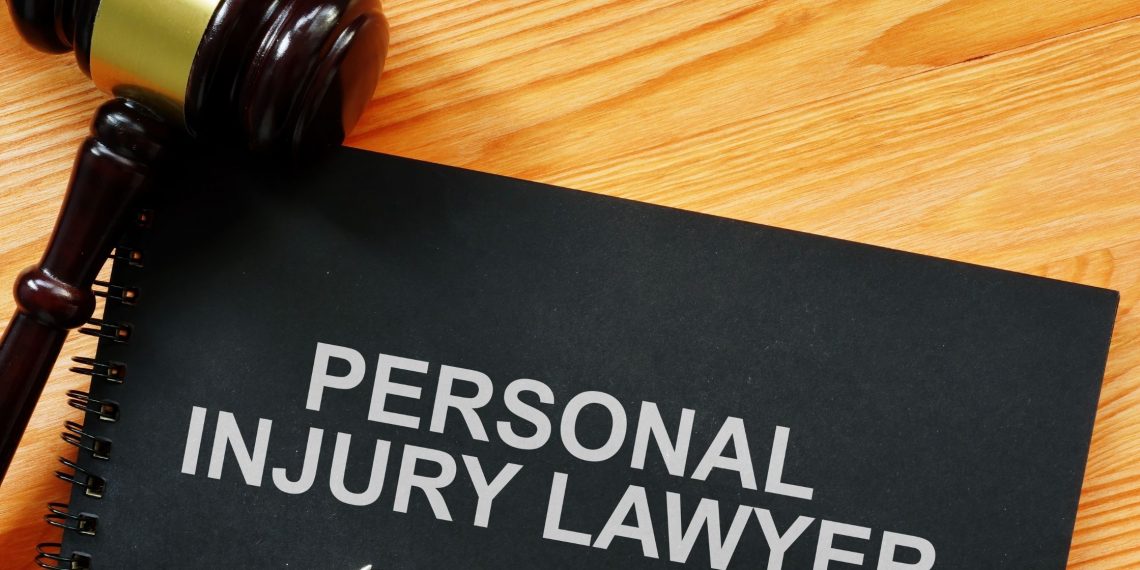Personal injury law is a cornerstone of justice, providing individuals with recourse when they suffer harm due to the negligence or misconduct of others. More than just a means of seeking compensation, personal injury law plays a pivotal role in injury prevention and protection of individuals’ legal rights. By holding wrongdoers accountable, promoting safety measures, and advocating for victims, personal injury law serves as a safeguard against preventable harm. This blog explores the multifaceted ways in which personal injury law protects individuals and contributes to a safer society.
The Role of Personal Injury Law in Promoting Safety:
Personal injury law serves as a powerful deterrent against negligent behavior, incentivizing individuals and entities to prioritize safety and take proactive measures to prevent accidents. Based on lawyer Ryan D. Harris through legal mechanisms such as negligence claims and product liability lawsuits, personal injury law imposes financial consequences on those responsible for injuries, encouraging them to implement safety protocols and adhere to industry standards. Additionally, landmark cases and substantial verdicts in personal injury lawsuits often lead to policy changes and the adoption of stricter regulations, further enhancing safety measures in various sectors.
Furthermore, personal injury law fosters a culture of accountability, where individuals and organizations are held responsible for their actions and decisions. By establishing legal standards of care and duty, personal injury law sets clear expectations for behavior and encourages proactive risk management. Whether in workplaces, public spaces, or consumer products, the threat of legal liability prompts stakeholders to prioritize safety and minimize risks, ultimately reducing the incidence of accidents and injuries.
Statistics of Personal Injury Accidents:
Statistics underscore the pervasive nature of personal injury accidents and the importance of proactive prevention measures. According to recent data from the Centers for Disease Control and Prevention (CDC), unintentional injuries are a leading cause of death and disability in the United States, resulting in millions of emergency room visits, hospitalizations, and fatalities each year. Motor vehicle accidents, slips and falls, medical errors, and defective products are among the most common causes of personal injury accidents, highlighting the diverse range of risks individuals face in their daily lives.
Moreover, personal injury accidents disproportionately impact certain demographics, with marginalized communities often facing higher rates of injuries and fatalities. Factors such as socioeconomic status, race, and geographic location can exacerbate vulnerability to accidents and limit access to resources for prevention and recovery. Addressing these disparities requires a multifaceted approach that includes legal advocacy, public health initiatives, and social justice efforts to ensure equitable access to safety measures and legal recourse for all individuals.
Biases in Personal Injury Cases:
Despite the principles of fairness and impartiality that underpin the legal system, biases can influence the outcomes of personal injury cases. Implicit biases based on factors such as race, gender, and socioeconomic status can shape perceptions of fault, credibility, and deservingness in personal injury litigation. Studies have shown that individuals from marginalized communities are more likely to face skepticism, skepticism, and scrutiny in personal injury cases, potentially affecting their ability to obtain fair compensation for their injuries.
Moreover, biases may extend beyond individual perceptions to institutional practices within the legal system, such as jury selection, expert testimony, and damage assessments. These systemic biases can perpetuate disparities in legal outcomes and contribute to the underrepresentation of marginalized individuals in personal injury litigation. Recognizing and addressing biases in personal injury cases is essential for ensuring equitable access to justice and upholding the principles of fairness and equality in the legal system.
Specialization of Attorneys in Personal Injury Law:
Attorneys who specialize in personal injury law play a vital role in advocating for victims’ rights and navigating the complexities of legal proceedings. These legal professionals possess specialized knowledge and experience in handling a wide range of personal injury cases, from motor vehicle accidents and medical malpractice to premises liability and product defects. By understanding the nuances of personal injury law and staying abreast of legal developments, these attorneys can effectively represent their clients’ interests and pursue maximum compensation for their injuries and damages.
Furthermore, personal injury attorneys serve as advocates for injury prevention initiatives and safety reforms within their communities. Through public awareness campaigns, educational outreach, and participation in legislative advocacy, these attorneys work to promote safer environments and prevent accidents before they occur. Additionally, personal injury attorneys often collaborate with medical experts, accident reconstruction specialists, and other professionals to build strong cases on behalf of their clients and achieve favorable outcomes in litigation or settlement negotiations.
Conclusion:
In conclusion, personal injury law plays a pivotal role in protecting individuals’ legal rights and promoting safety in society. By holding wrongdoers accountable, raising awareness about injury prevention, and advocating for victims’ rights, personal injury law serves as a critical safeguard against preventable harm. Despite the challenges posed by biases and disparities within the legal system, specialized attorneys in personal injury law play a crucial role in advocating for fair and just outcomes for their clients. As we continue to navigate the complexities of personal injury law, it is imperative to prioritize equity, justice, and safety for all individuals.
Moreover, recognizing the interconnectedness of personal injury law and broader societal issues, such as public health, social justice, and economic disparities, underscores the importance of collaborative efforts to address underlying systemic issues and promote systemic change. By working together to address biases, disparities, and barriers to access, we can create a legal system that truly serves the needs of all individuals, regardless of their background or circumstances. Through ongoing advocacy, education, and awareness initiatives, we can build a more just and inclusive society where everyone has the opportunity to live free from the threat of preventable harm.


